Around the time of the April 2016 submarine announcement – a contest between Germany, Japan and France – there was a saying that the “Japanese have the best sub but the worst bid”. Presumably, this related to the brilliant sales job of France’s DCNS (later Naval group) under then-president François Hollande and the astute appointment of knowledgeable Australians to manage the tender process. It was no state secret that the US preference was for the Japanese bid.
Fifteen months later, prime minister Turnbull was in Paris meeting new President Macron who, in Turnbull’s words had “come through the centre of politics” and stood in “the sensible centre of French politics”. Evidently, Mr Turnbull had found an ideological soulmate on the world stage. Four months earlier, Australia and France had inked an Enhanced Strategic Partnership; a Vision Statement was signed the following year. (Meanwhile, French economist Thomas Piketty’s “Capital in the 21st century” was on the bookshelves of many Labor MPs).
France plays diplomacy and intelligence very hard so there will be little sympathy, in some quarters, of it being blindsided. And France has long held a place in the “culture wars” with the intellectual Left preferring its charm to the “vulgar capitalists” across the Atlantic. During the second Iraq war, Donald Rumsfeld unfavourably compared “old Europe” (France and Germany) with “new Europe” (the former communist nations) as NATO grew east.
Nevertheless, the French are understandably apoplectic. There will be a reckoning for Australia, which the Morrison government presumably factored in, although media commentary labelling the French “sooks” and “petulant” is unhelpful. The nuclear submarine decision appears the best option and the “one-off” exception to provide Australia submarine tech is significant (a reminder that in the 1980s Australia had difficulty utilising US radar technology for the RAAF Hornets).
President Biden will look to Secretary of State Anthony Blinken and Climate Envoy John Kerry, who hold strong ties with France, to drive reconciliation among the United States, France and Australia. This may hold implications for Australia on climate – which was heavily mentioned in the AUSMIN statement – and EU FTA negotiations.
There has been plenty of opinion on the impact of the submarine decision on Indo-Pacific cooperation. However, the killing last week by French troops of Adnan Abu Walid Al-Sahrawi, the leader of ISIS in the Greater Sahara, was a reminder of the counter-terrorism role played by France, as well as its diplomatic and intelligence footprint in Africa. Australian businesses and citizens on the continent have benefited.
Two days after the AUKUS announcement, the French Foreign Ministry released a statement noting that the French and Indian foreign ministers had committed to “a truly multilateral international order” and would deepen their strategic partnership based on a relationship of “political trust” between the two “great sovereign nations” of the Indo-Pacific. India’s traditional partner, Russia, will watch how this develops with much interest.
Mick McNeill has worked with the Australian and US governments and is now a private sector consultant.
Got something to add? Join the discussion and comment below.
Get 10 issues for just $10
Subscribe to The Spectator Australia today for the next 10 magazine issues, plus full online access, for just $10.

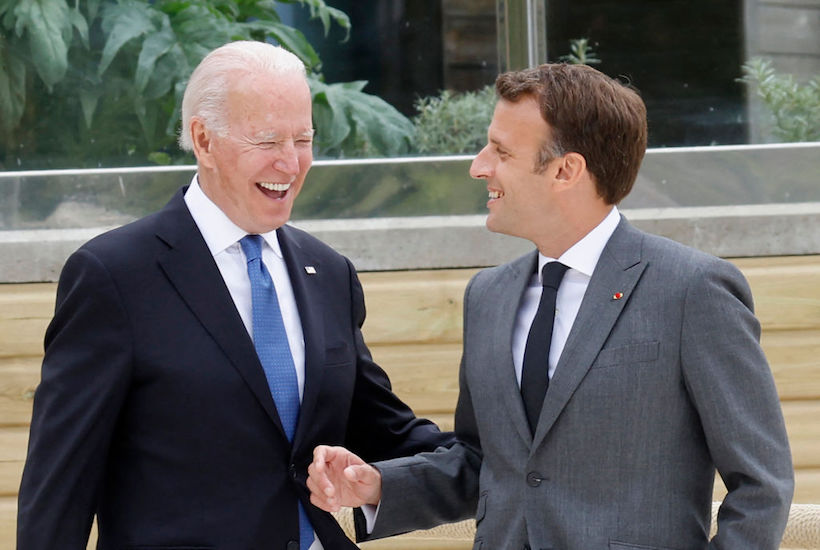

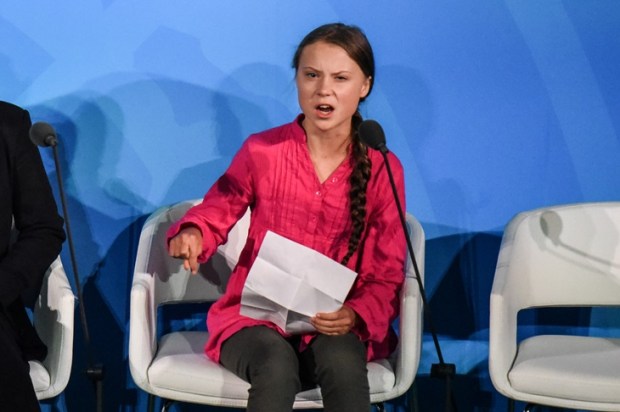
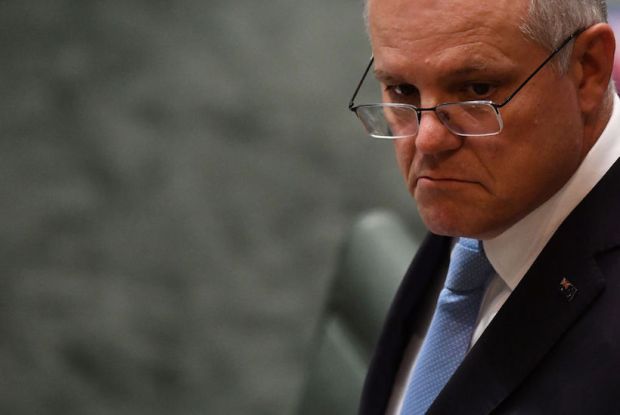

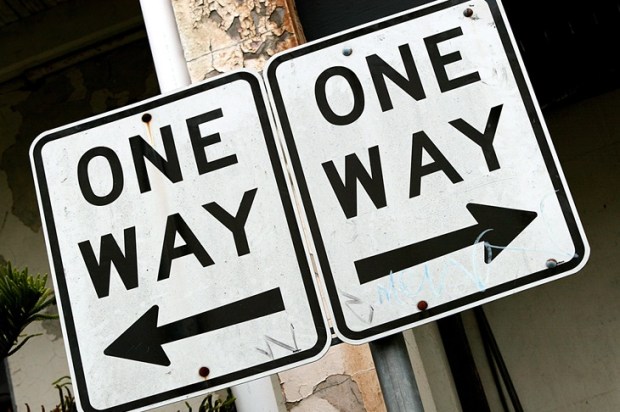
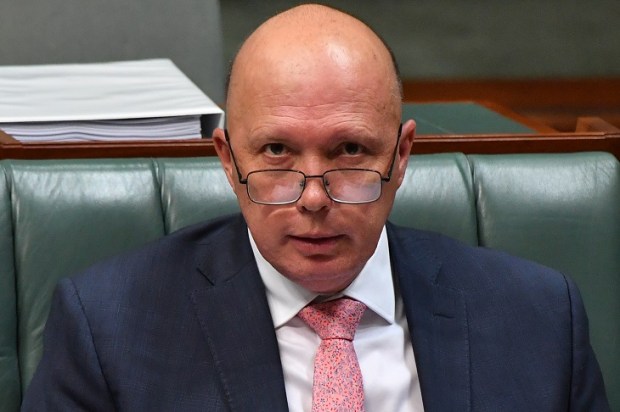

















Comments
Don't miss out
Join the conversation with other Spectator Australia readers. Subscribe to leave a comment.
SUBSCRIBEAlready a subscriber? Log in